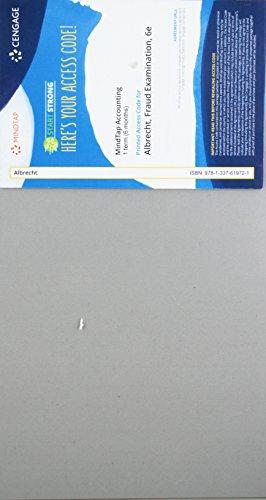
Case 2
A few years ago, there was a large oil refining company (based in New York) whose top executive was convicted of financial statement fraud. One of the issues in the case involved the way the company accounted for its oil inventories. In particular, the company would purchase crude oil from exploration companies and then process the oil into finished oil products, such as jet fuel, diesel fuel, and so forth. Because there was a ready market for these finished products, as soon as the company would purchase the crude oil, it would record its oil inventory at the selling prices of the finished products less the cost to refine the oil (instead of at cost). Although there was fraud in the case, this type of accounting was also questioned because it allowed the company to recognize profit before the actual sale (and even refining) of the oil. This method was even attested to by a large CPA firm. If you were the judge in this case, would you be critical of this accounting practice? Do you believe this "aggressive" accounting was a warning signal that fraud might be occurring?
Want to see the full answer?
Check out a sample textbook solution
Chapter 2 Solutions
Mindtap Accounting, 1 Term (6 Months) Printed Access Card For Albrecht/albrecht/albrecht/zimbelman's Fraud Examination, 6th
- Business Its Legal Ethical & Global EnvironmentAccountingISBN:9781305224414Author:JENNINGSPublisher:CengagePrinciples of Accounting Volume 2AccountingISBN:9781947172609Author:OpenStaxPublisher:OpenStax College
 Cornerstones of Financial AccountingAccountingISBN:9781337690881Author:Jay Rich, Jeff JonesPublisher:Cengage Learning
Cornerstones of Financial AccountingAccountingISBN:9781337690881Author:Jay Rich, Jeff JonesPublisher:Cengage Learning  Survey of Accounting (Accounting I)AccountingISBN:9781305961883Author:Carl WarrenPublisher:Cengage Learning
Survey of Accounting (Accounting I)AccountingISBN:9781305961883Author:Carl WarrenPublisher:Cengage Learning Managerial Accounting: The Cornerstone of Busines...AccountingISBN:9781337115773Author:Maryanne M. Mowen, Don R. Hansen, Dan L. HeitgerPublisher:Cengage Learning
Managerial Accounting: The Cornerstone of Busines...AccountingISBN:9781337115773Author:Maryanne M. Mowen, Don R. Hansen, Dan L. HeitgerPublisher:Cengage Learning





